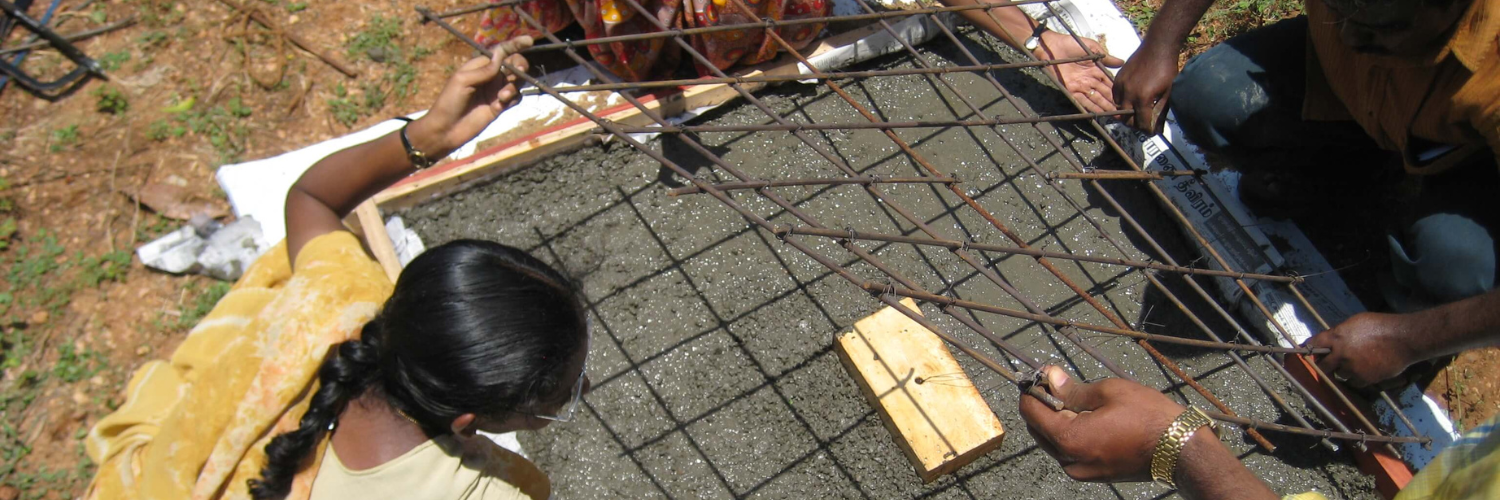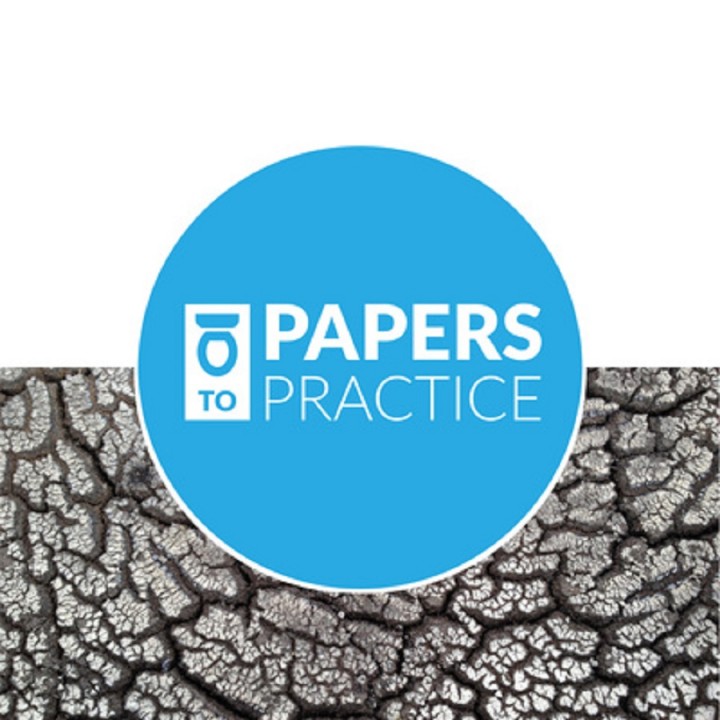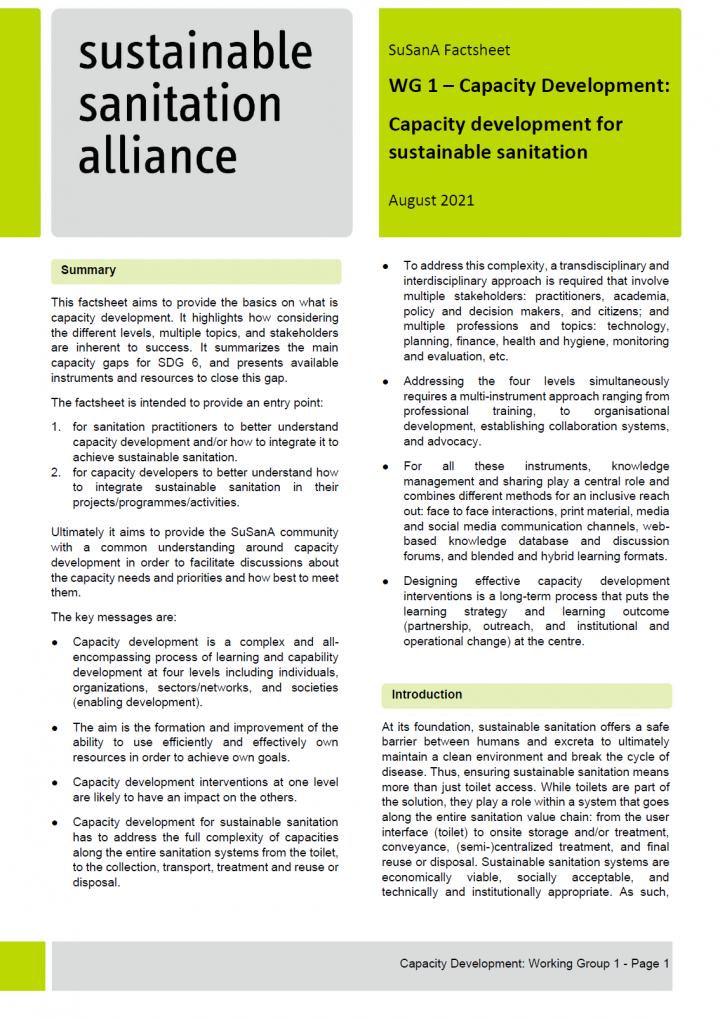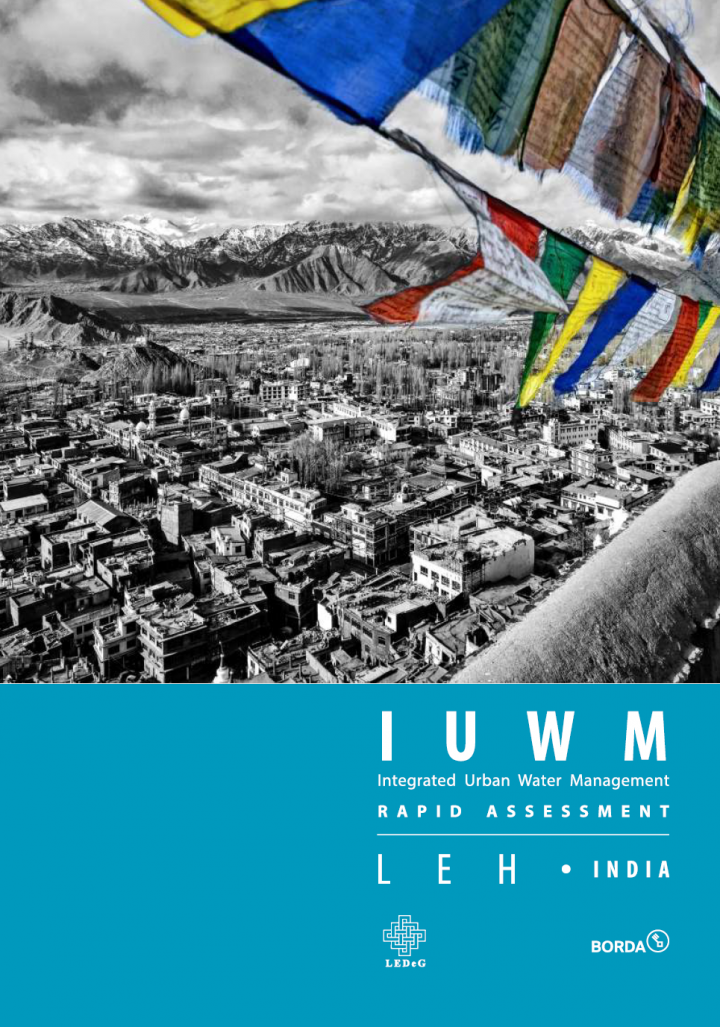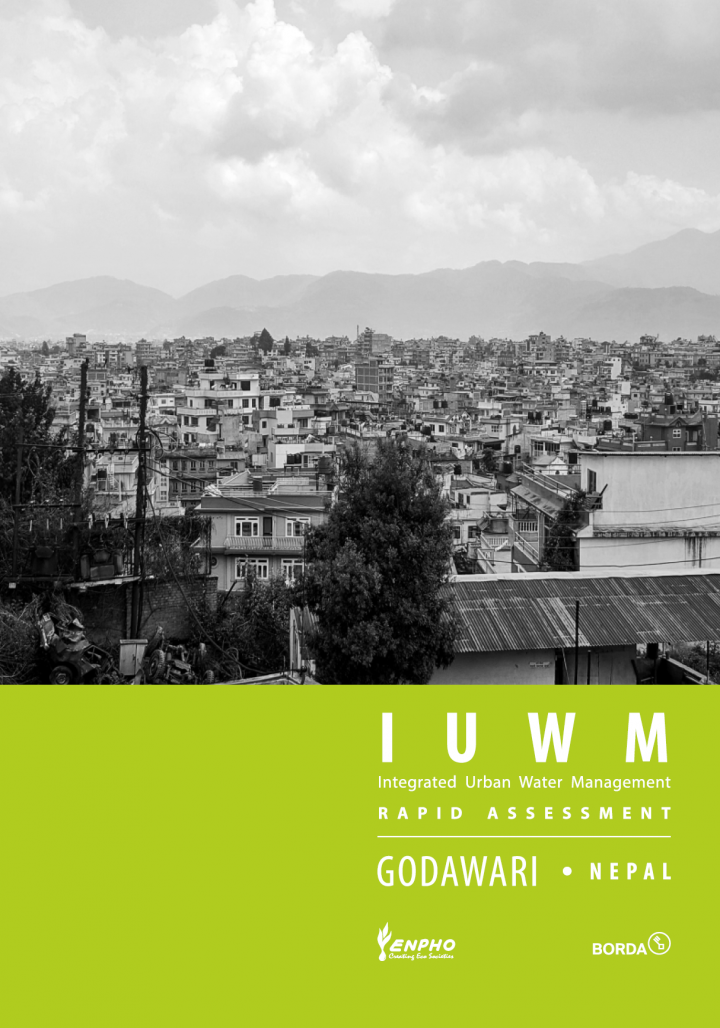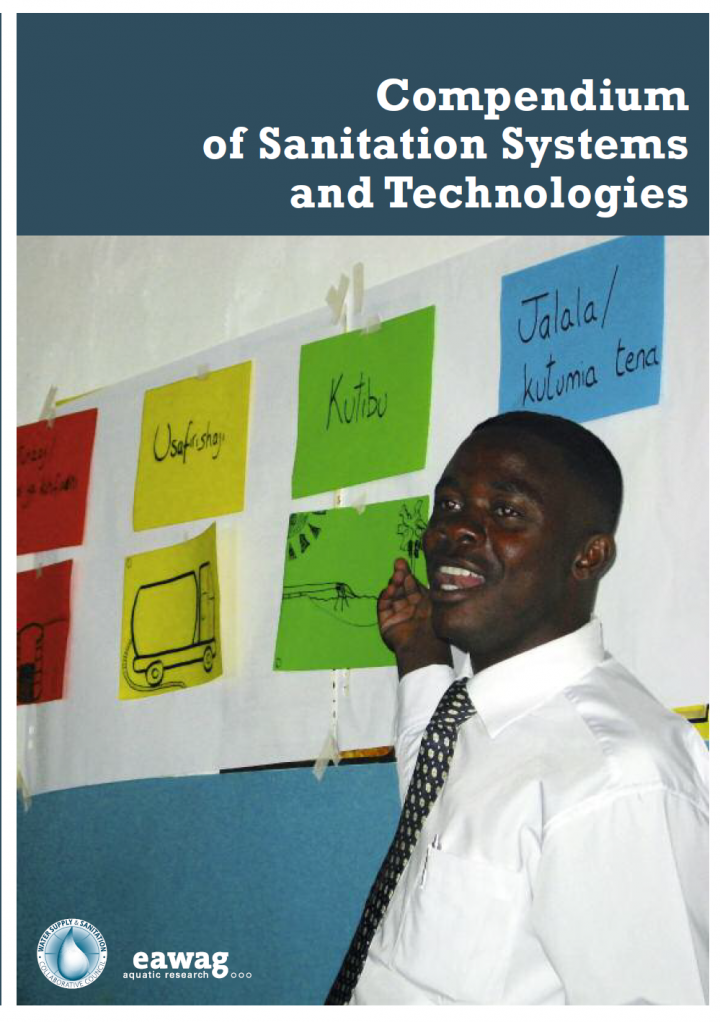Background
There are gaps from national government and policy-level to the artisans building latrines. This is a global challenge for the WASH sector as show recent reports (WHO, 2014; IWA, 2014). Despite this, only one third of reporting countries have a human resources strategy in WASH (WHO, 2014). Thus, capacity development in the sanitation sector is urgently needed.
What is capacity development?
It is long term process which aims to increase an individual, organization, or society’s ability to achieve their objectives.
Objectives
This working group aims to create a global network to strategically accelerate and influence the capacity development process in the sanitation sector.
Ways to get involved
The working group sees itself as a focal point and networking opportunity for anyone or any organisation which seeks to become active in capacity development for sustainable sanitation. As a SuSanA member, you are welcome to participate in the WG1 activities.
Sign-up for the WG mailing list to be updated on the most recent news and events. You can contact us to inquire or share thoughts on how you are able to lead or contribute to one of the following activities (or any activities you judge relevant and significant to the WG):
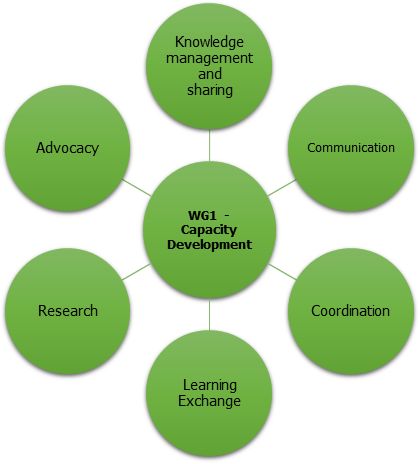
Knowledge management and sharing
- Compile and share resources that contribute to capacity development in sanitation on the SuSanA website
- This includes training material, online curricula, trainer manuals and e-learning courses
Communication
- Compile and share information on capacity development activities on the SuSanA webpage and forum
- This includes training programs, courses, mentorships and student research projects
Coordination
- Provide a space to connect members and partners as well as anyone interested in capacity development
- This includes providing a platform for members to coordinate their activities on the SuSanA forum or during SuSanA meetings
Learning Exchange
- Organize webinars and meetings with WG1 members and partners to exchange experiences and discuss specific topics related to capacity development
Research
- Analyse and map the gaps in capacity development resources and activities to highlight the needs and demands of the sanitation sector
Advocacy
- As a credible, well-recognized organization play a role in raising awareness of the huge need for capacity building in sanitation
- This includes the compilation of position papers and factsheets
Working Group Leads
Working Group Lead
Dorothee Spuhler
Eawag • Switzerland
Working Group Co-Lead
Laura Kohler
WaterAid • Canada
